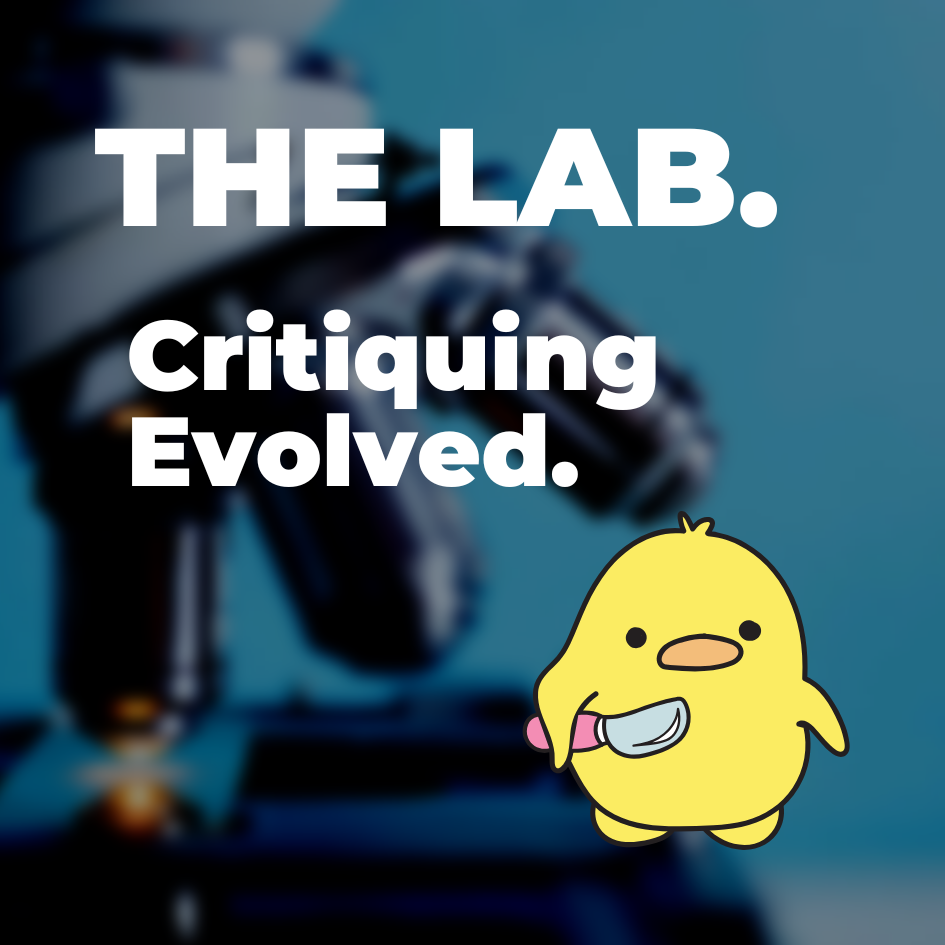Don’t Let Our Current Golden Age of Genre Magazines Fade Away
18 September
by Jason Sanford
I grew up reading my grandfather’s collection of science fiction and fantasy magazines from the 1930s to the 1980s. Some of those magazines, such as Analog: Science Fiction and Fact, Weird Tales, Fantasy & Science Fiction, and Asimov’s Science Fiction, still exist today. Others have long since ceased publication, including such famed titles as New Worlds, Galaxy Science Fiction and If.
One thing that struck me reading those magazines when I was younger is how they were the beating heart of the science fiction, fantasy, and horror genres. These magazines not only showcased short fiction, poetry, book reviews and critical analysis, they brought together genre fans. Magazines provided a place for new writers to both find their voice and publish their stories, and for readers to discover these writers. Magazines championed storytelling trends before they became popular.
All of these points are still true of today’s genre magazines.
There are actually more genre magazines being published today than decades ago. Along with the magazines mentioned earlier, other famed titles currently being published include Apex Magazine, Beneath Ceaseless Skies, Clarkesworld Magazine, The Dark, Escape Pod, FIYAH Literary Magazine, Interzone, khōréō, Lightspeed, Nightmare Magazine, Strange Horizons, Tor.com, and Uncanny Magazine. And that’s not even scratching the surface of all the genre magazines out there.
We are literally living through a new golden age for SF/F/H magazines.
However, a recent change by Amazon is threatening to destroy many of the magazines we love. As I've previously written, this month Amazon ended digital magazine subscriptions through its Kindle Newsstand platform. Almost every genre magazine is being hard hit by this because Amazon was how most people subscribed to digital editions of magazines. Worse, Amazon keeps the names and contact information for these subscribers confidential, so magazines have no way to reach out to these people to urge them to switch to alternate digital platforms.
Last month, Fantasy Magazine announced they’re closing their doors, in part because of Amazon’s change to Kindle Newsstand. And there are fears more magazines could follow.
As magazines deal with the fallout from Amazon nuking the digital subscription landscape, people will no doubt be told that magazines are no longer relevant in today’s genre. That it is the magazine’s fault for trusting Amazon. Or that only writers read these magazines (an outright myth, with Neil Clarke’s recent analysis of Clarkeworld’s readership data showing that only 13% of his known subscribers are writers who also submitted to the magazine).
The truth is that in today’s fragmented online world, genre magazines are even more vital to the SF/F/H genre. Magazines are where new and marginalized voices can be heard. Magazines are where genre communities and connections can be formed. Magazines are where our genre futures are being created today.
I’ve heard people say that the 1930s to the 1980s were the golden age for SF/F/H magazines and yes, genre magazines were vital to the SF/F/H genres during that time. But the same is true today. If you don’t want to lose our new golden age of genre magazines, subscribe to and support your favorite magazines.

#
Jason Sanford is an award-winning science fiction and fantasy writer who's also a passionate advocate for fellow authors, creators, and fans, in particular through reporting in his Genre Grapevine column (for which he is a three-time finalist for the Hugo Award for Best Fan Writer). He's also published dozens of stories in magazines such as Apex Magazine, Asimov’s Science Fiction, Interzone, and Beneath Ceaseless Skiesalong with appearances in a number of "year's best" anthologies and The New Voices of Science Fiction. His first novel Plague Birds was a finalist for both the 2022 Nebula Award and the 2022 Philip K. Dick Award. Born and raised in the American South, Jason's previous experience includes work as an archaeologist and as a Peace Corps Volunteer. His website is www.jasonsanford.com.
18 September
by Jason Sanford
I grew up reading my grandfather’s collection of science fiction and fantasy magazines from the 1930s to the 1980s. Some of those magazines, such as Analog: Science Fiction and Fact, Weird Tales, Fantasy & Science Fiction, and Asimov’s Science Fiction, still exist today. Others have long since ceased publication, including such famed titles as New Worlds, Galaxy Science Fiction and If.
One thing that struck me reading those magazines when I was younger is how they were the beating heart of the science fiction, fantasy, and horror genres. These magazines not only showcased short fiction, poetry, book reviews and critical analysis, they brought together genre fans. Magazines provided a place for new writers to both find their voice and publish their stories, and for readers to discover these writers. Magazines championed storytelling trends before they became popular.
All of these points are still true of today’s genre magazines.
There are actually more genre magazines being published today than decades ago. Along with the magazines mentioned earlier, other famed titles currently being published include Apex Magazine, Beneath Ceaseless Skies, Clarkesworld Magazine, The Dark, Escape Pod, FIYAH Literary Magazine, Interzone, khōréō, Lightspeed, Nightmare Magazine, Strange Horizons, Tor.com, and Uncanny Magazine. And that’s not even scratching the surface of all the genre magazines out there.
We are literally living through a new golden age for SF/F/H magazines.
However, a recent change by Amazon is threatening to destroy many of the magazines we love. As I've previously written, this month Amazon ended digital magazine subscriptions through its Kindle Newsstand platform. Almost every genre magazine is being hard hit by this because Amazon was how most people subscribed to digital editions of magazines. Worse, Amazon keeps the names and contact information for these subscribers confidential, so magazines have no way to reach out to these people to urge them to switch to alternate digital platforms.
Last month, Fantasy Magazine announced they’re closing their doors, in part because of Amazon’s change to Kindle Newsstand. And there are fears more magazines could follow.
As magazines deal with the fallout from Amazon nuking the digital subscription landscape, people will no doubt be told that magazines are no longer relevant in today’s genre. That it is the magazine’s fault for trusting Amazon. Or that only writers read these magazines (an outright myth, with Neil Clarke’s recent analysis of Clarkeworld’s readership data showing that only 13% of his known subscribers are writers who also submitted to the magazine).
The truth is that in today’s fragmented online world, genre magazines are even more vital to the SF/F/H genre. Magazines are where new and marginalized voices can be heard. Magazines are where genre communities and connections can be formed. Magazines are where our genre futures are being created today.
I’ve heard people say that the 1930s to the 1980s were the golden age for SF/F/H magazines and yes, genre magazines were vital to the SF/F/H genres during that time. But the same is true today. If you don’t want to lose our new golden age of genre magazines, subscribe to and support your favorite magazines.

#
Jason Sanford is an award-winning science fiction and fantasy writer who's also a passionate advocate for fellow authors, creators, and fans, in particular through reporting in his Genre Grapevine column (for which he is a three-time finalist for the Hugo Award for Best Fan Writer). He's also published dozens of stories in magazines such as Apex Magazine, Asimov’s Science Fiction, Interzone, and Beneath Ceaseless Skiesalong with appearances in a number of "year's best" anthologies and The New Voices of Science Fiction. His first novel Plague Birds was a finalist for both the 2022 Nebula Award and the 2022 Philip K. Dick Award. Born and raised in the American South, Jason's previous experience includes work as an archaeologist and as a Peace Corps Volunteer. His website is www.jasonsanford.com.




